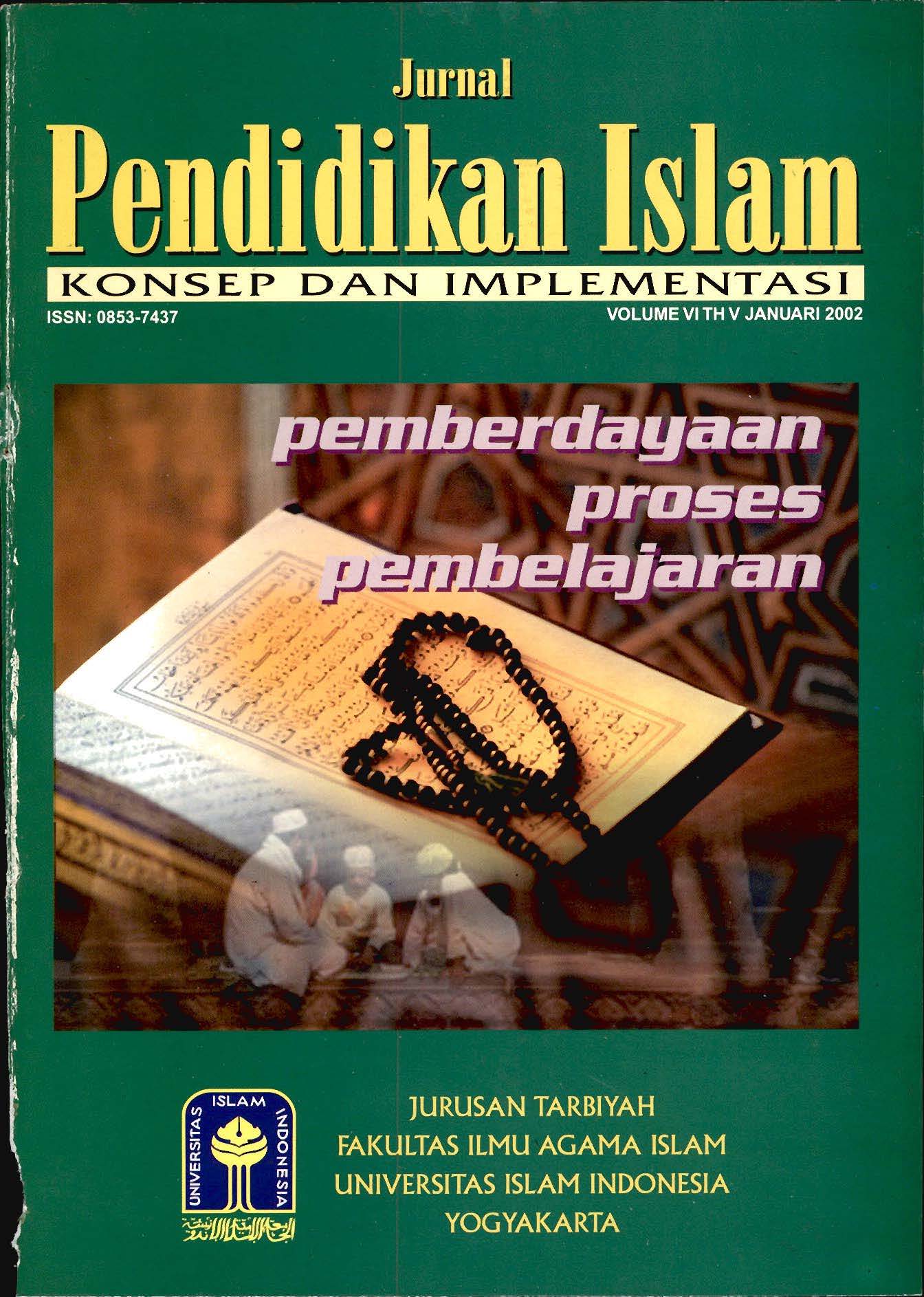Main Article Content
Abstract
This research was aimed at finding the influence of autonomy (selfhelp) and entrepreneurship motivation on entrepreneurship attitude student at FIAI (Islamic Faculty of UII Yogyakarta). This research also want to find the correlation between independent variables and dependent variables, and the influence of sex and departement study on each variables. The subject of this research was proportionally taken from Islamic Studies Faculty students of Islamic University of Indonesia. The sample was taken by proportional random sampling method. The total of samples were 105 respondents from each departement (there are 2 departements at FIAI). The method of collecting data in this research used closed questionaire. Nine kinds of hyphotesis were tested, and to analyzed by using the simple correlation, partial correlation, multiple correlation, multiple regression, and statistic test technique (t-test). The result of analysis and hypothesis testing there had been several conclusions. First, there was significance correlation between the autonomy (selfhelp) with entrepreneurship attitude, second, there was significance correlation between entrepreneurship motivation with entrepreneurship attitude, and third, there was significance influnce autonomy (selfhelp) and entrepreneurship motivation toward entrepreneurship attitude. An other result of this research, there were six kinds of hipothesis which were not proved by this research which made comparative testing between sex and two departements for all three variables dependent.
Key Word: SelfHelp, entrepreneurship attitude, entrepreneurship motivationArticle Details
Authors retain copyright and grant the journal right of first publication with the work simultaneously licensed under a Creative Commons Attribution (CC-BY-SA) 4.0 License that allows others to share the work with an acknowledgment of the work’s authorship and initial publication in this journal.
